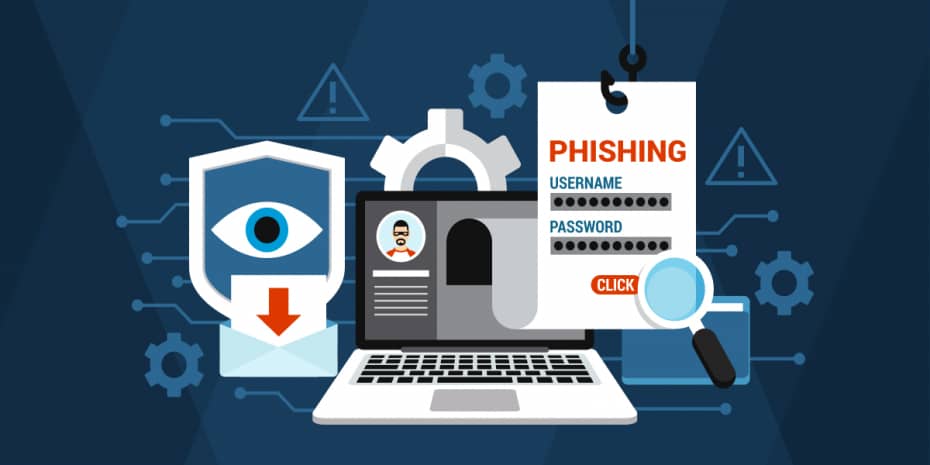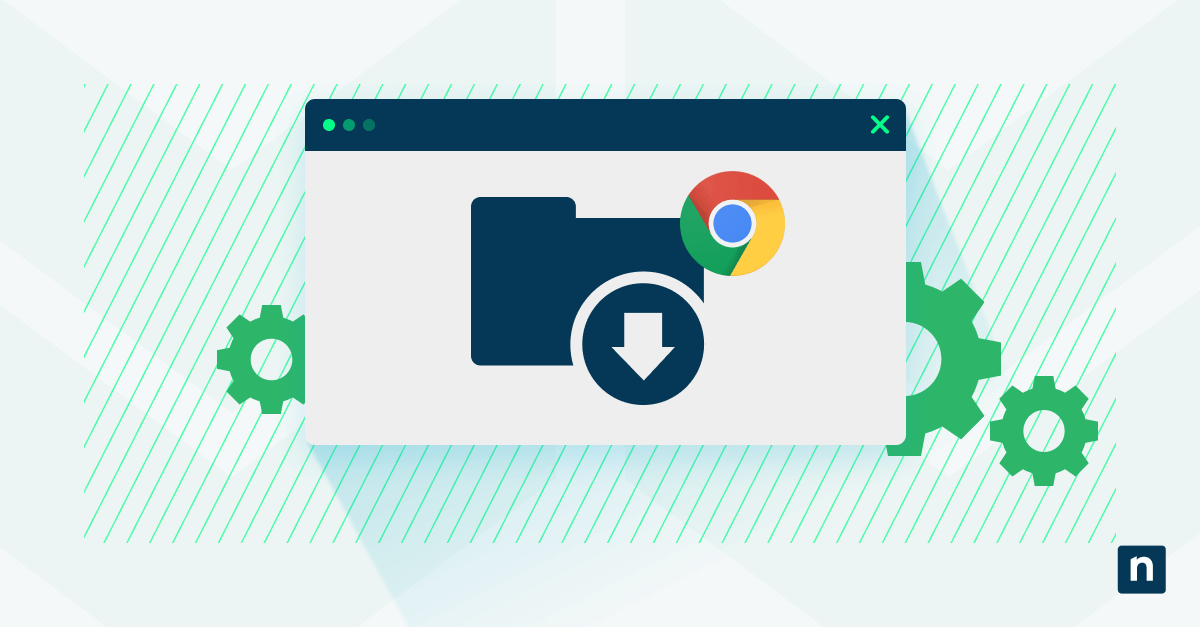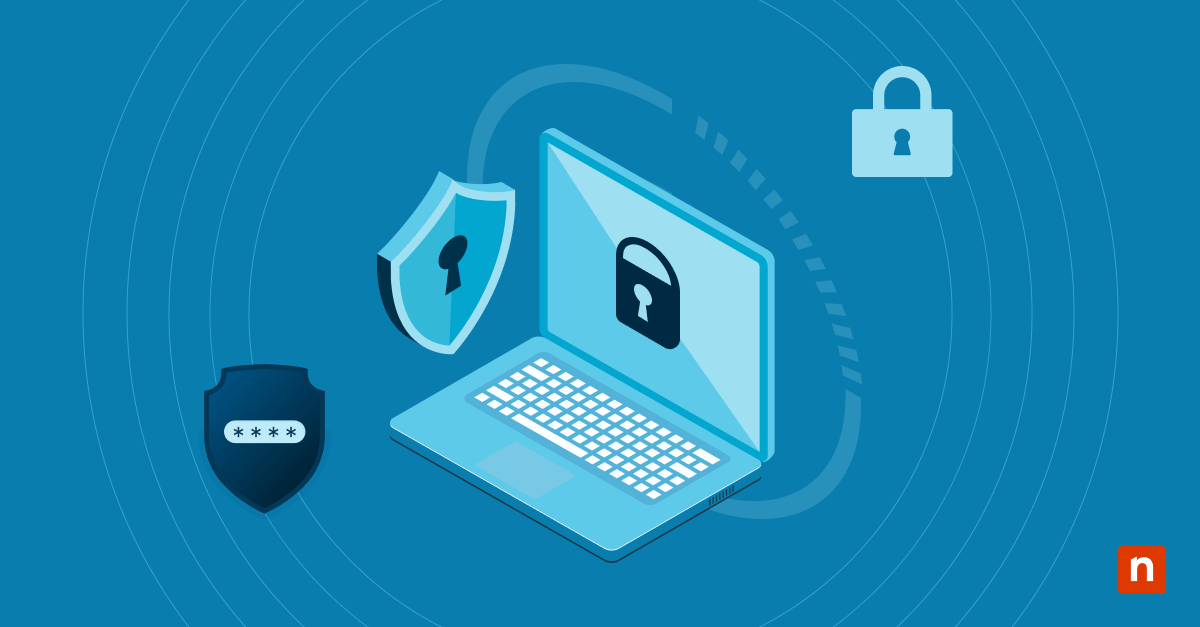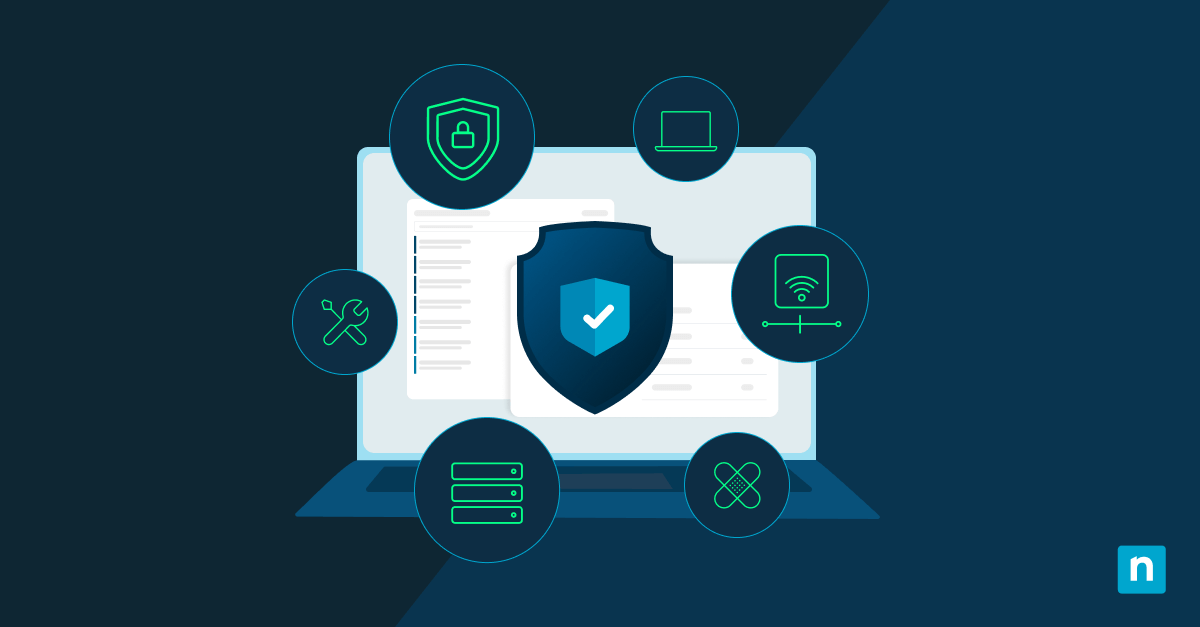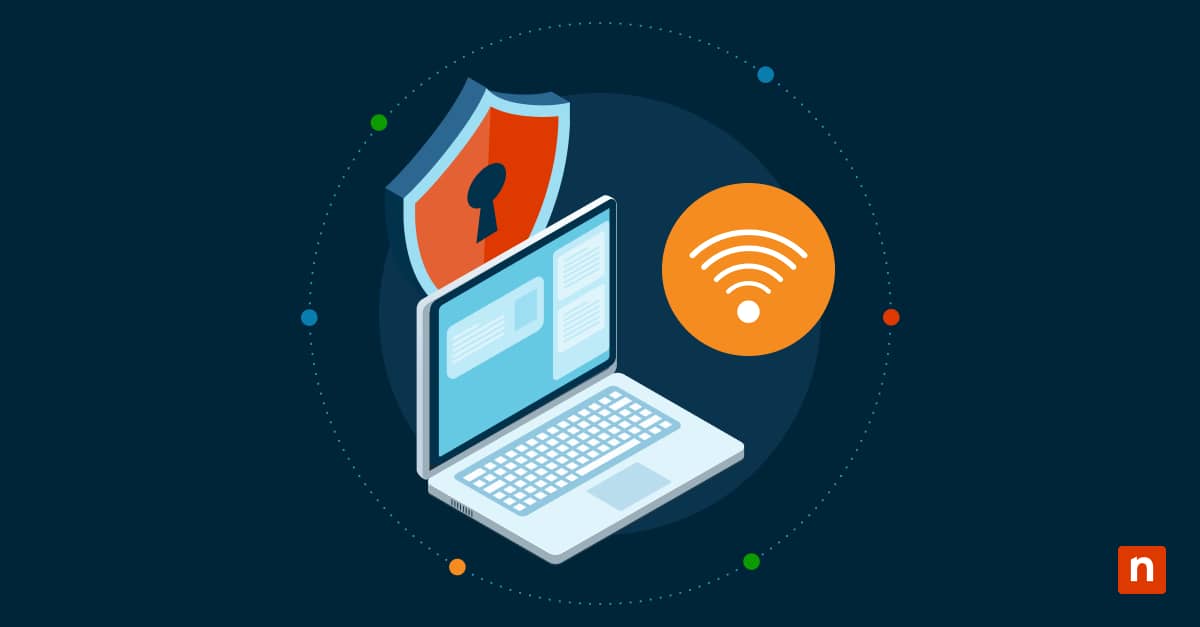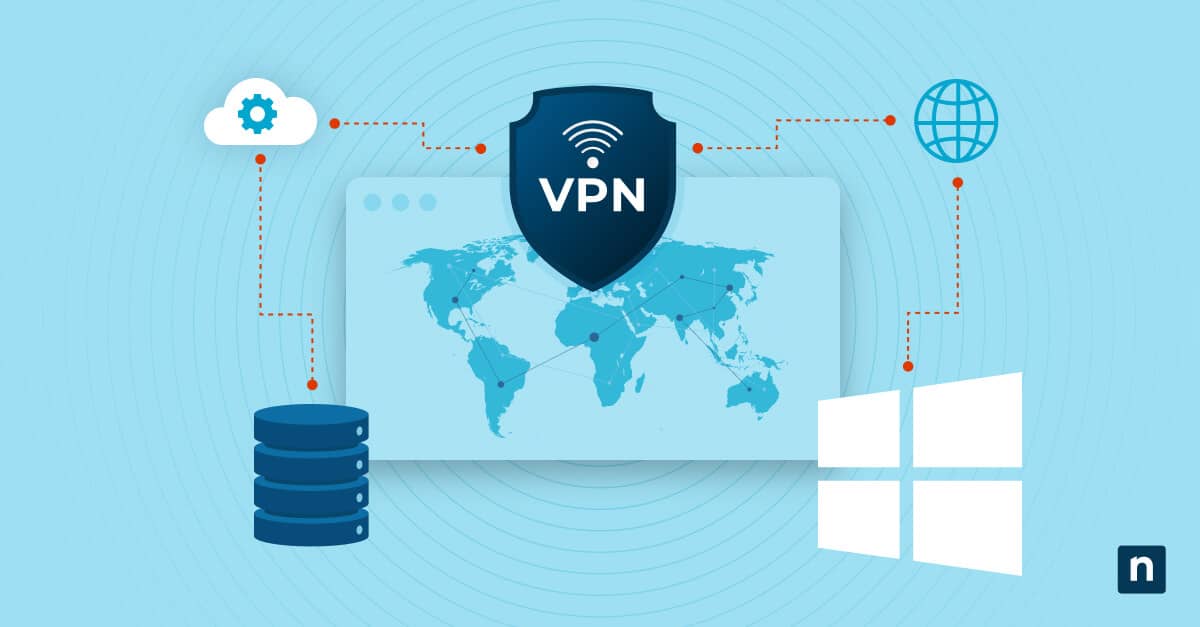Cybersecurity is a top concern among businesses, especially as the number of cyberattacks, data breaches, and malware infections continue to grow each year. These attacks can happen at any moment during the day, too. It can be a headache trying to keep watch for cyberthreats 24/7 and know how to effectively respond when they are detected, especially for MSPs who have multiple different clients.
Fortunately, managed detection and response (MDR) services were created to provide a reliable solution to this problem.
What is MDR?
MDR is an outsourced service that provides an organization with professional cybersecurity management 24/7. A lot of MSPs don’t have depth in the cybersecurity space. If they have any IT security knowledge, it’s usually surface-level, and they don’t have a ton of people with that expertise.
Managing next-gen security products, such as endpoint detection and response (EDR) and extended detection and response (XDR), can be really difficult, time-consuming, and costly because you’re essentially putting your most experienced people on it or you’re hiring dedicated cybersecurity talent. That can make it really unprofitable and, realistically at scale, it’s difficult to actually provide those security services.
What does an MDR provider do?
MDR providers combine EDR technology with human knowledge and expertise to detect when an attacker has breached a network or endpoints are threatened and proactively respond. Mike Smith from AeroCom lists four issues that MDR vendor providers address:
1. Limited visibility
It can be hard for smaller companies who may not have all the security tools they need to gain full visibility into their IT environment. This makes it extremely difficult to detect cyberthreats. MDR providers have access to all necessary tools for monitoring for and detecting threat actors.
2. Time
SMBs most likely have a very small IT staff. Even if these organizations were able to detect threat actors, they most likely don’t have the time to proactively respond or find out what has been affected or is going wrong. MDR service providers are readily available and have the time to appropriately respond to cyberthreats.
3. Alert overload
If small organizations have even a few security tools or threat detection applications, they’ll receive up to thousands of alerts each day. If they don’t have the time or expertise to know how to effectively respond to the alerts or which alerts are false positives, they can start to get alert overload. When this happens, they may begin to ignore alerts, which can unfortunately result in a lot of dwell time for threat actors. MDR providers are trained and have the expertise to know how to handle alerts from cybersecurity tools.
4. Lack of expertise
Cybersecurity is constantly evolving, even day to day, so it’s difficult to gain all necessary knowledge unless that’s your one job. MDR providers are specifically trained to know how to detect ransomware and protect IT environments. When you outsource your cybersecurity management to MDR service providers, you’re also getting the knowledge and expertise of a group of experts.
Benefits of MDR
Keeps technicians focused on hands-on support
Cybersecurity is an essential component of a secure and functioning IT environment. Often, a large portion of a technician’s time is spent monitoring and managing the security of a network. With MDR, technicians can instead spend more time on tasks that require hands-on support while leaving the cybersecurity duties to MDR.
Provides a better service to your clients
As an MSP, providing great service to your clients is the top goal. Because great cybersecurity is the foundation of a well-functioning IT environment, outsourcing it to experts will set the organization’s technology up for success. It will also allow you to provide more comprehensive managed IT services to your clients.
More cybersecurity talent
When you pay for MDR services, you’re essentially outsourcing it to 30, 50, or 100 people who are all cybersecurity experts. Those professionals will use the tool that you’re installing in your environment to manage your security needs. MDR allows you to have access to a greater number of security professionals to protect your clients’ IT environments.
Priced in a way that allows it to be profitable
The beauty of MDR services is that it gives you access to cybersecurity experts at a fraction of the cost of hiring those experts in-house. It also guarantees that the necessary knowledge and expertise is readily available to handle whatever cybersecurity incident a client faces.
How does MDR compare with other cybersecurity services?
Cybersecurity services are typically provided by three different types of businesses: managed security service providers (MSSP), security operations centers (SOC), or endpoint detection and response (EDR) vendors. However, most organizations just use the EDR vendor’s services, but you might be able to get better prices with a different option. It’s worth looking into if price is a big factor in your decision.
Add MDR services to your managed IT services
MSPs are responsible for carrying out the daily IT and service tasks needed to ensure their clients’ technology performs optimally. Adding MDR services to your managed IT services will enable you to provide your clients with even more value, and allow you to monitor and manage their IT environments even better. Check out how to sell managed cybersecurity for some tips on how to include cybersecurity in your managed IT services offering.
NinjaOne integrates with SentinelOne to provide increased services for managed endpoints. Together, these two solutions automate the discovery of new and unprotected endpoints, improve security posture, reduce risk, and more. Discover the benefits of using these solutions together, and sign up for a free trial of NinjaOne today.

